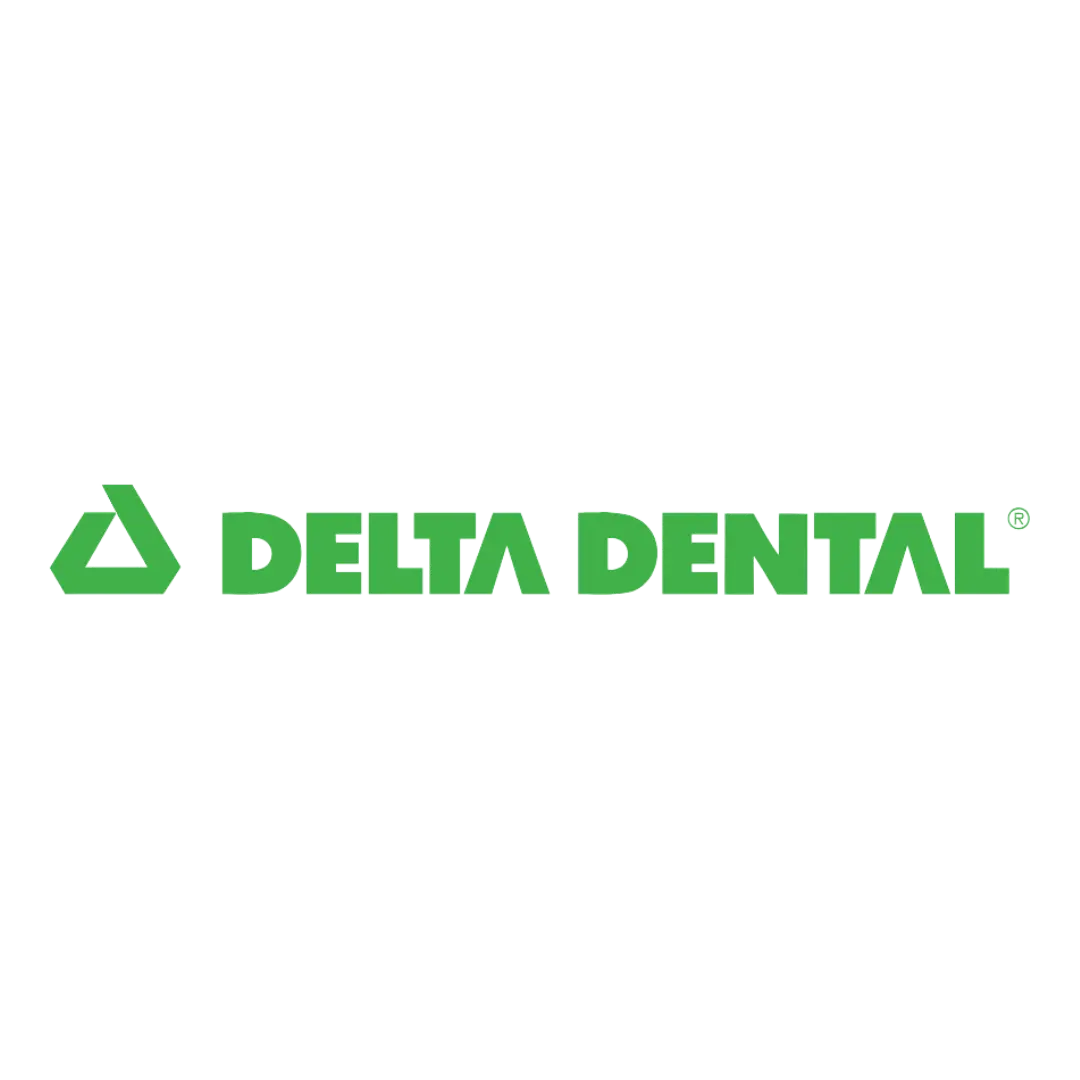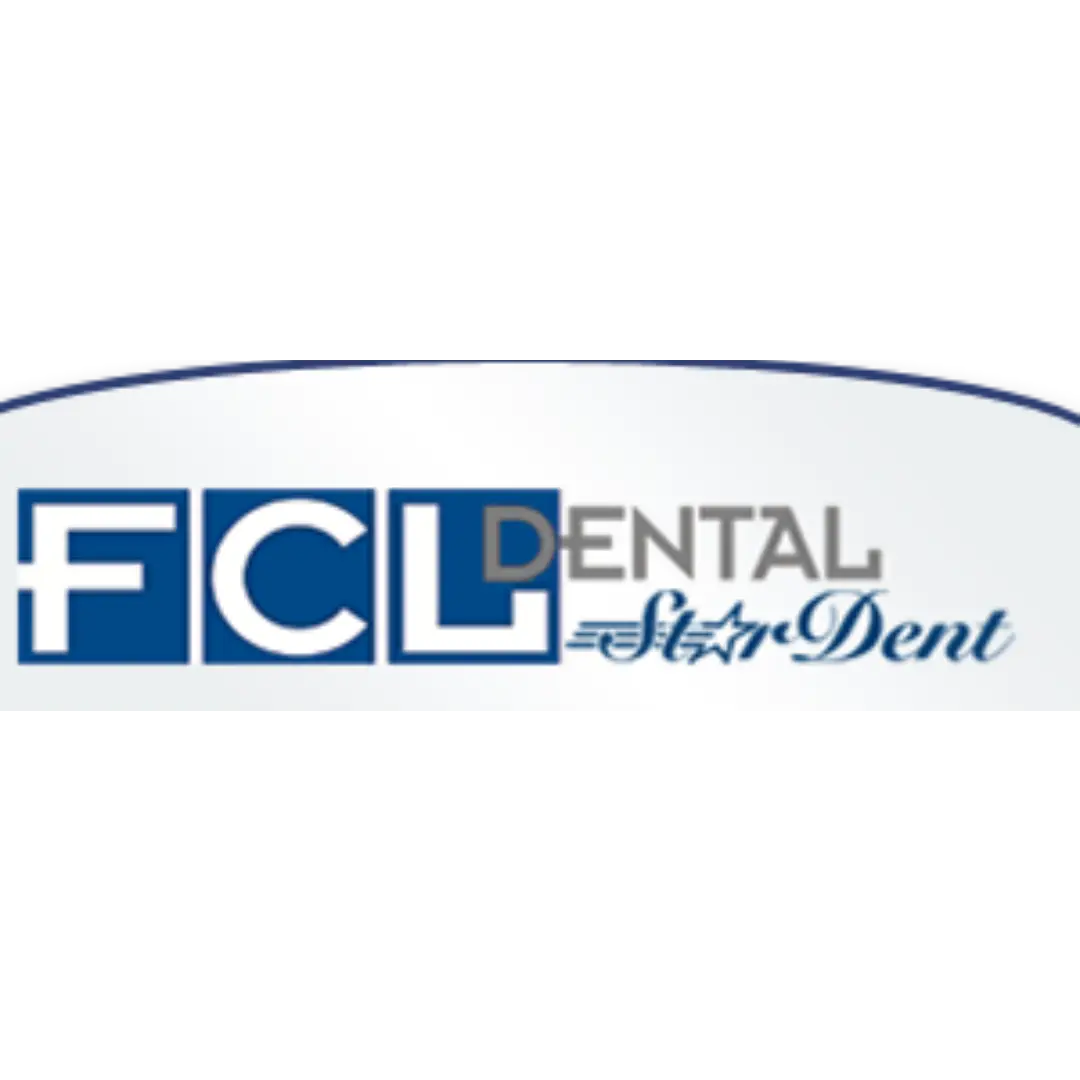What Is Sedation in Dentistry?
It is the use of medication to calm nerves, overcome anxiety and promote comfort and relaxation before dental procedures. Sedation dentistry near you might be the only reason you can withstand an intricate and invasive dental treatment without intense panic or pain. The good news is that you can take the medication immediately before your treatment or an hour earlier before your appointment.
How Do Pills Work in Sedation Dentistry?
Dentists in Richmond use oils in oral sedation to administer mild and moderate sedation. Ideally, you swallow a tiny blue pill about an hour before your treatment protocol commences. You should start feeling groggy in time for your procedure. However, you will not fall into a deep sleep as is typical with sleep or deep sedation. Instead, pills work to administer conscious sedation dentistry in Richmond.
Types of Pills in Sedation Dentistry
Your dentist can use any of the following medicines to sedate you for dental work:
- Triazolam or (Halcion®)
- Zaleplon (Sonata)
- Lorazepam (Ativan)
- Valium (Diazepam)
Other Types of Sedation
Although pills are a great choice for mild and moderate sedation, sometimes, dentists can use other types of medication. It is especially the case if you have an urgent health problem needing emergency care. Since oral sedation might take longer to kick in, dentists can opt for different types of sedation. Besides, other considerations like your age and ability to change the levels of sedation will affect the choice of sedative. The other types to choose from are:
- Liquid oral sedation – is popular for pediatric dentistry.
- Intravenous sedation – entails administering the sedative medication through your veins directly into your bloodstream. It works faster than oral sedation.
- Inhaled sedation – involves breathing in laughing gas through a face mask.
Why Should You Consider Oral Sedation?
Patients who typically opt for oral sedation at Charm Dental – Richmond do so to maintain some degree of control over their treatment. Chances are, you will remain awake throughout your treatment, even though your memory of the procedure may be hazy. Besides, if you have phobias toward needles you will not mind swallowing a pill or two before your treatment. Other than those, you should consider oral sedation for the following benefits:
- It is fairly easy to administer – even without a dentist, you can take the pill and be ready for your procedure.
- Safety – oral sedation is regulated by the FDA and is ideal for both children and adults. Rarely do patients experience complications from oral sedation.
- You stay awake during your treatment – you can respond to your dentist’s questions accordingly.
- Anterograde amnesia – you will have little to no recollection of the noises and lights during your procedure.
What Happens After Oral Sedation Dentistry?
Sedation dentistry near you may leave some residual feelings in your body. Every form of sedation other than inhaled sedation will leave you feeling groggy for a while after your treatment. Therefore, ensure you have someone to accompany you home after your treatment. The effects of the sedative should wear off completely after a few hours.
Risks or Complications of Sedation Dentistry
After oral sedation, especially, you must be careful to get home safely and rest until you stop feeling groggy. Dentists emphasize caution afterwards because they can never quite anticipate the effects of the medication on different patients. Some complications include:
- A dry mouth – also called xerostomia
- Feeling nauseated for a while – may even be accompanied by occasional vomiting.
- Lingering headaches
- Irritability
- Lingering grogginess for the first 24 hours.
How Soon Should You Eat After Oral Sedation?
It differs for different patients. Ideally, you should be able to eat immediately after your procedure. However, when accounting for local anaesthesia that numbs your mouth, your dentist will recommend waiting until the numbing wears off. It will prevent you from accidentally biting yourself since you cannot feel your cheeks or tongue. Aside from that, you can eat as soon as you feel up to it. However, select foods that are less likely to make you nauseated especially if you are already experiencing the effect of the sedative.




























